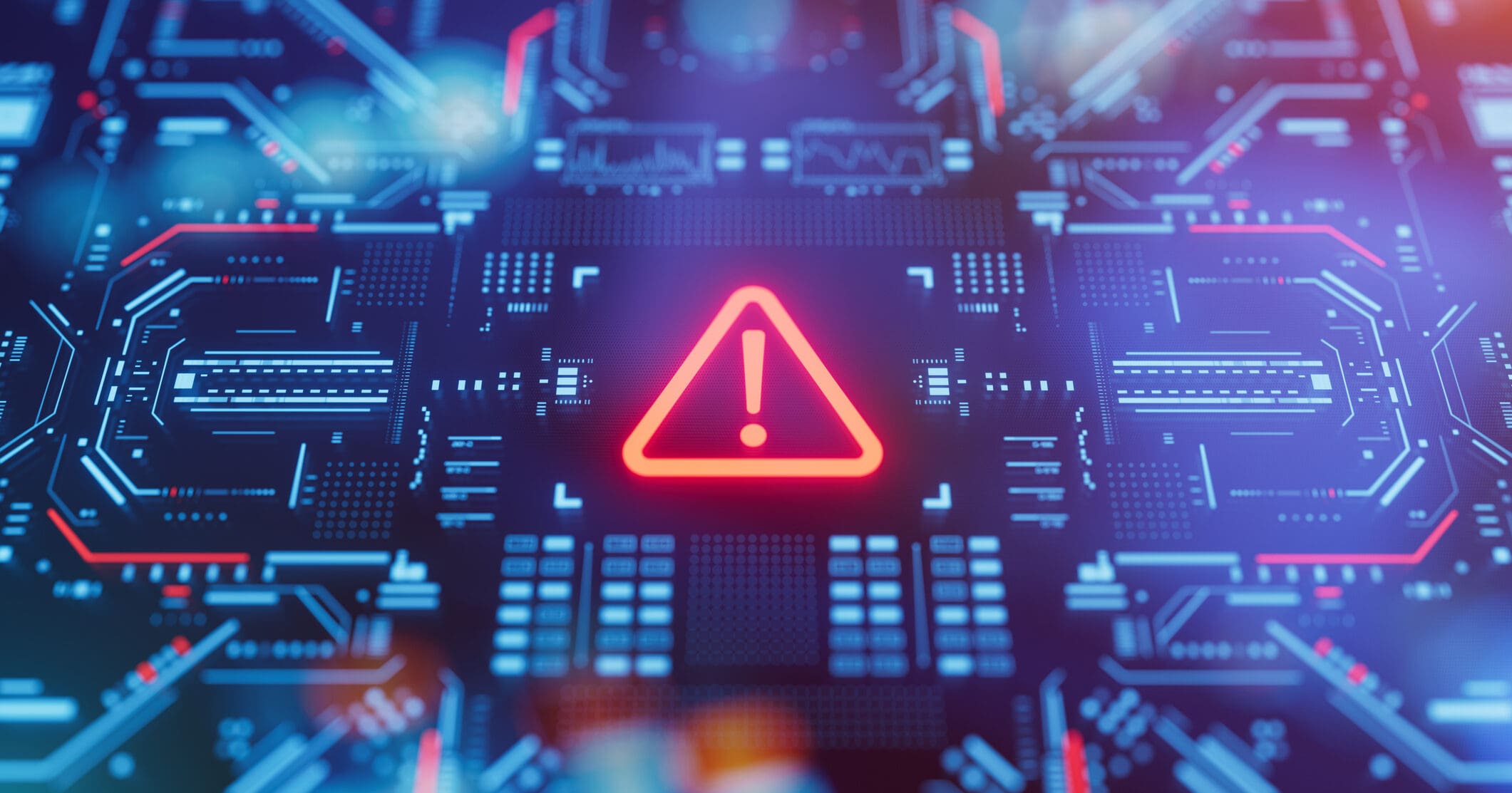
Europe is entering a new era of AI governance as the European Union prepares to roll out detailed rules on how companies must handle incidents involving high-risk artificial intelligence systems. The initiative marks one of the first real enforcement steps under the EU’s new AI Act, which is set to reshape how artificial intelligence is developed, deployed, and monitored across the region.
Under the new guidelines, companies that operate or provide high-risk AI systems will be required to report any serious incidents — including technical failures, harmful outcomes, or disruptions to essential services — within strict deadlines. The rules are designed to ensure transparency and rapid accountability whenever AI systems cause or contribute to significant harm, whether directly or indirectly.
The scope of what counts as a “serious incident” is broad. It includes not only obvious physical or financial damage but also cases where an AI decision leads to unfair treatment, reputational harm, or systemic disruption. Companies will need to maintain detailed documentation of system performance, establish incident-response procedures, and be ready to cooperate with regulators if an investigation is launched.
For Europe’s tech industry, this shift signals a new balance between innovation and responsibility. Businesses will need to adapt their internal compliance systems, train staff on AI governance, and integrate ethical risk management into the product lifecycle. Far from being a bureaucratic hurdle, this new framework could help build trust among users and markets — strengthening Europe’s position as a leader in safe, transparent, and human-centered artificial intelligence.




